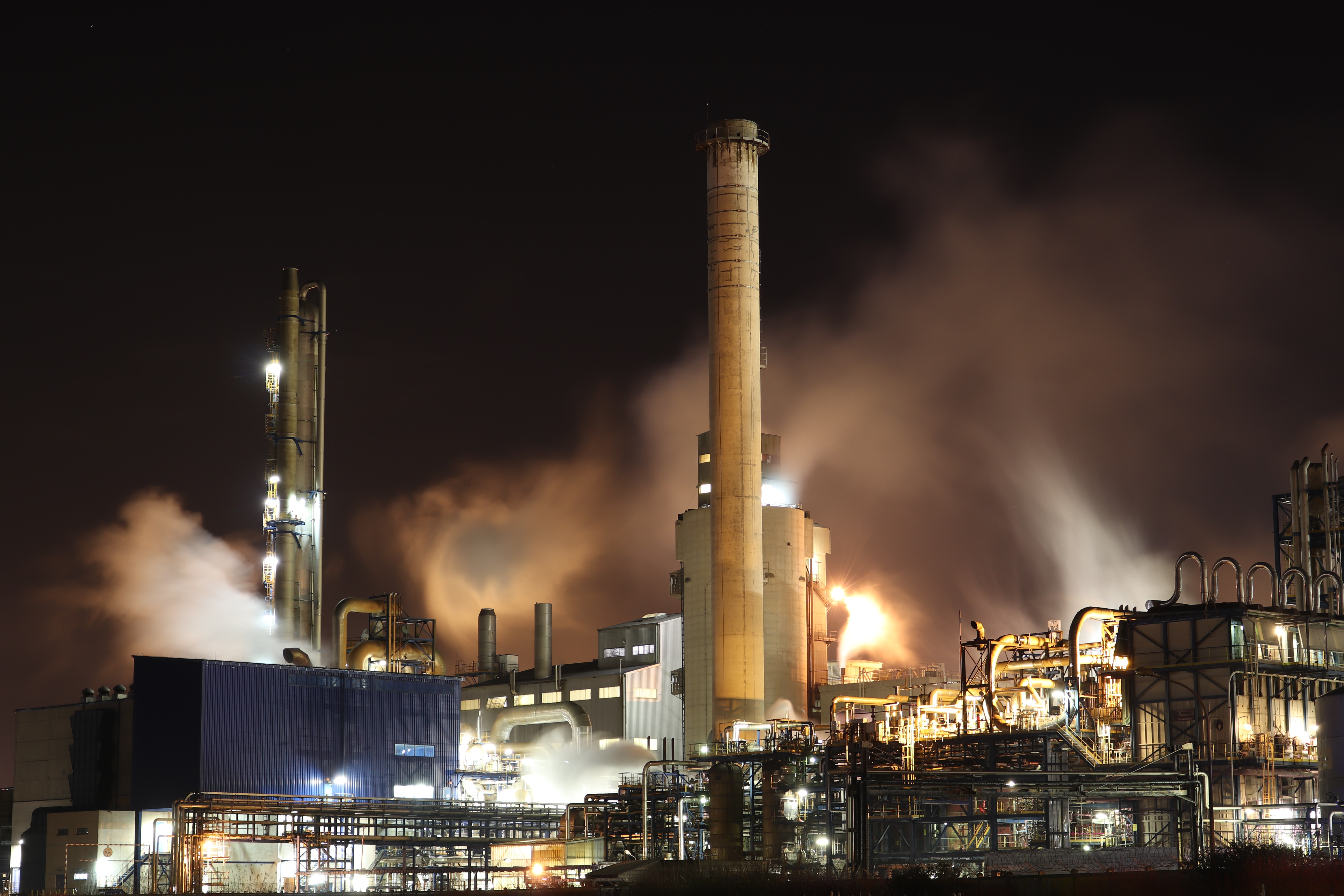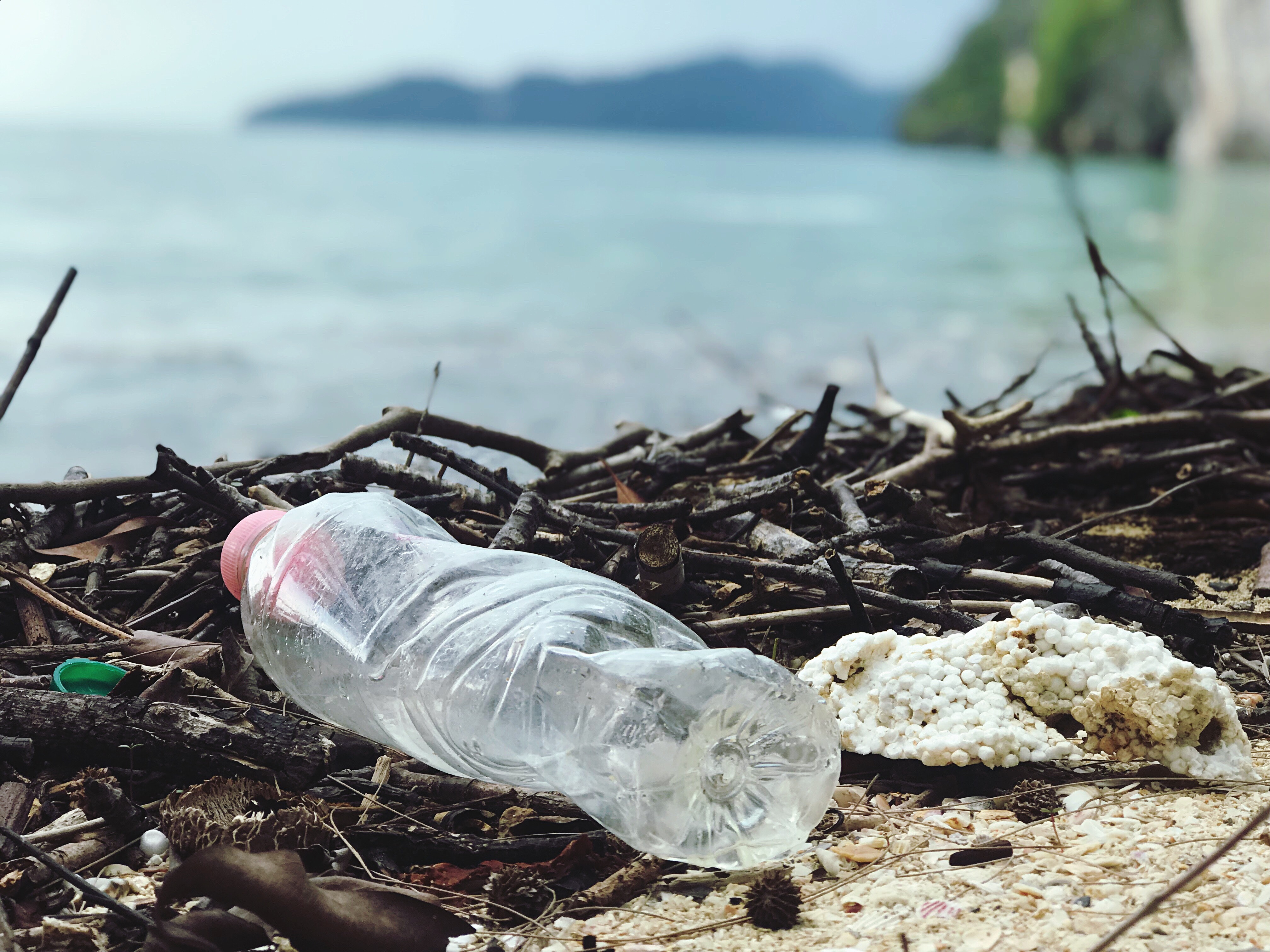Biotechnology for Plastics Sustainability
 The Sadler Lab
The Sadler Lab
Research in the Sadler Lab
The chemicals industry is the largest industrial consumer of oil and gas (as a feedstock and energy source combined) and ranks third for direct global CO2 emissions. In parallel, fossil-fuel derived plastic waste poses a severe threat to the health of our planet and presents a vastly under-explored opportunity to support the circular economy. In the Sadler Lab, we our using biotechnology to synergistically address both these challenges.
Inspired by the power of microorganisms to perform exquisitely precise and complex chemistry under mild conditions, we are engineering new bio-based systems to synthesise bulk chemicals from waste feedstocks, degrade polymers more efficiently, and upcycle degraded plastic into value added chemicals.
Sustainable Chemicals

Fossil-fuel derived chemicals account for almost 90% of the global chemicals market and are responsible for ~7% of global anthropogenic greenhouse gas emissions. This reliance on finite resources as feedstocks and contribution to climate change is unsustainable and finding ‘greener’ alternative methods to supply society with vital chemicals and materials such as pharmaceuticals, plastics and agrochemicals is crucial.
To address this, we are engineering novel microbial strains capable of producing industrially valuable chemicals from waste or renewable feedstocks. These processes do not use fossil fuel-derived starting materials and operate in water-based systems at ambient temperature. We use local industrial waste streams and post-consumer plastic waste as the feedstock for bio-based production of bulk chemicals. In doing so, we aim to boost the circular economy whilst improving the sustainability of the chemicals industry.
Plastic Degradation

Plastic waste pollution is one of the most pressing environmental issues facing our planet. Degrading these materials into their constitutive building blocks would alleviate pollution and turn the plastic into chemicals which could be ‘eaten’ by bacteria and converted into useful products.
We are developing new bio-based methods to degrade plastics under conditions compatible with microbial growth.
Plastic Upcycling

We believe that plastic ‘waste’ is a resource from which useful chemicals can be derived using biotechnology. In this way, it could be an alternative feedstock for production of important chemicals currently produced directly from oil. An example of this is our recent demonstration of producing the aroma and flavour chemical vanillin from polyethylene terephthalate (PET).
We are actively developing new enzymes and microbial pathways for upcycling post-consumer plastic ‘waste’ into useful chemicals.